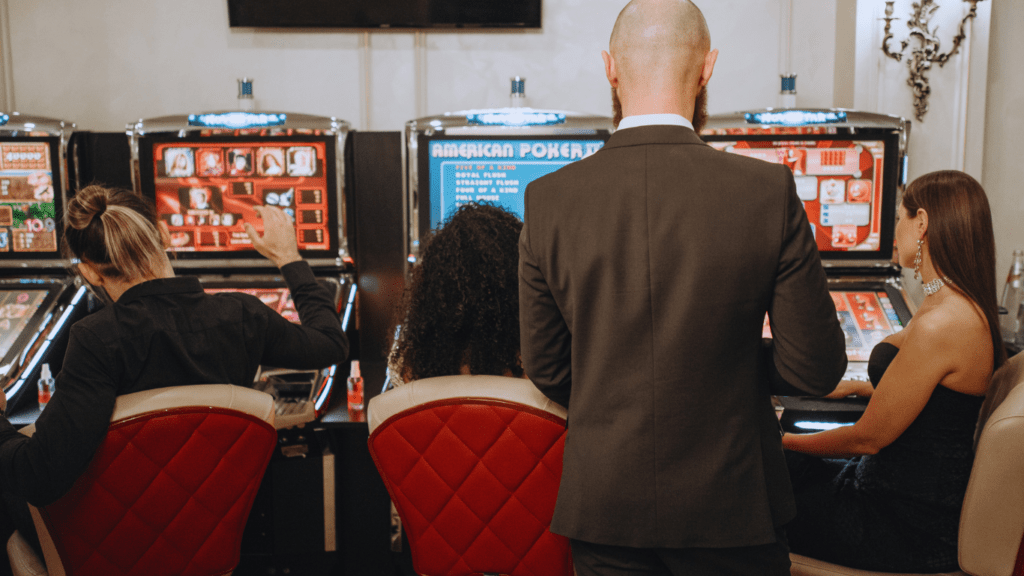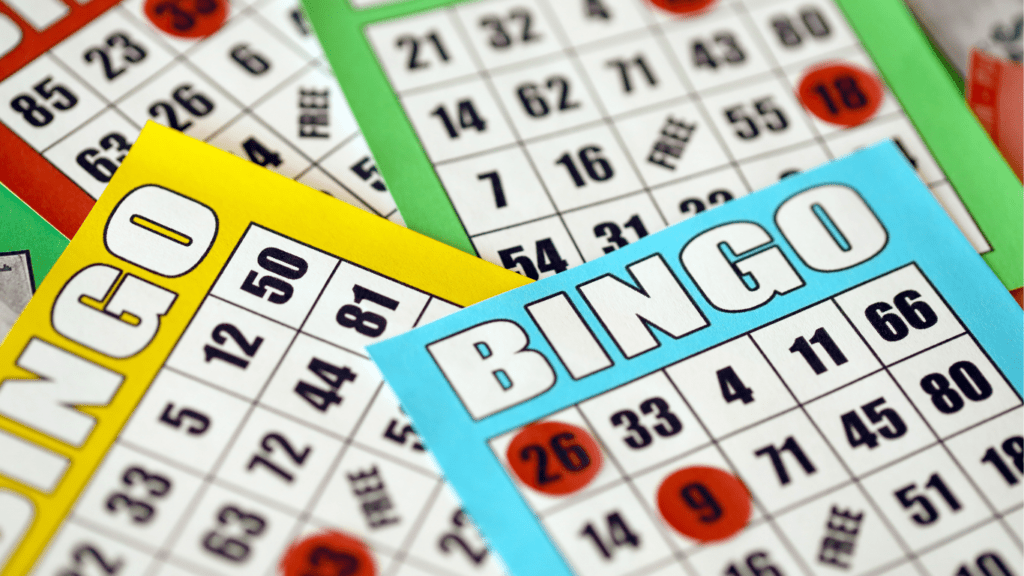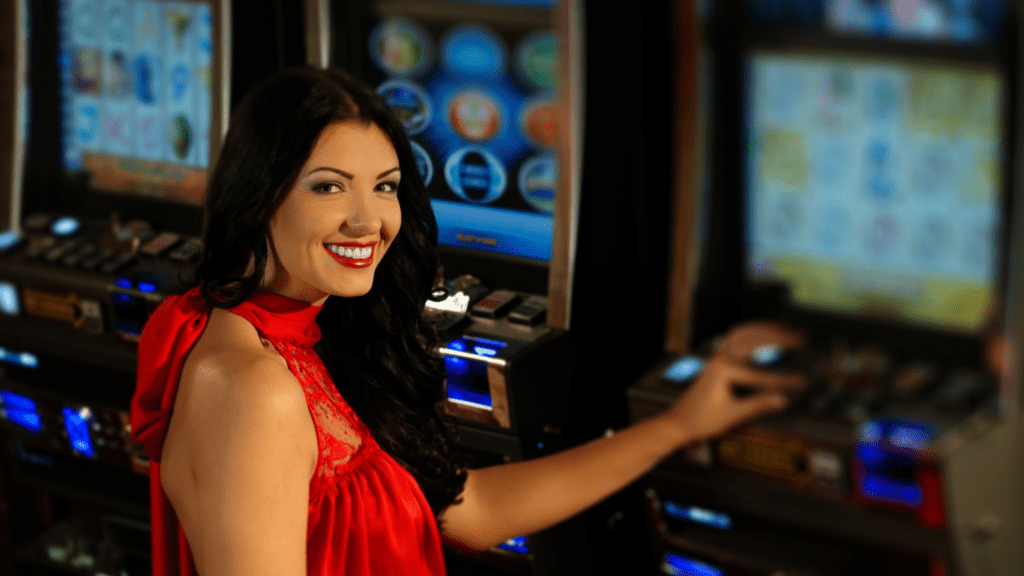Choosing the right jackpot game can feel overwhelming with so many options out there. I’ve been there—scrolling through endless lists, unsure where to start or which game gives the best shot at winning big. But what if I told you there’s a smarter way to pick the perfect game without leaving it all to chance?
Understanding Jackpot Games
Jackpot games offer diverse opportunities for players to win large payouts, but selecting the right one begins with understanding their structure and features. Familiarity with game types, providers, and terminology enhances decision-making.
Types of Jackpot Games
Jackpot games fall into several categories, each offering unique features:
- Fixed Jackpots: These have a predetermined prize that doesn’t change, such as $500 or $1,000. They’re easier to predict and are often found in traditional slot machines.
- Progressive Jackpots: These grow over time as a portion of every bet contributes to the prize, sometimes reaching millions. Mega Moolah and Major Millions are notable examples.
- Networked Jackpots: These connect multiple games across different casinos, increasing the pool size and frequency of huge payouts.
- Daily/Hourly Jackpots: These guarantee random payouts within a set time, targeting players seeking quick wins.
Popular Providers and Platforms
Reputable providers develop games with fair odds, engaging mechanics, and smooth gameplay.
- Microgaming: Known for progressive jackpots like Mega Moolah, offering record-breaking prizes.
- NetEnt: Renowned for titles like Divine Fortune, combining bonus rounds with valuable jackpots.
- Playtech: Features Age of the Gods series, loved for immersive themes and linked jackpots.
- Betsoft: Famous for cinematic 3D visuals and fixed jackpot games.
Leading platforms like 888Casino, Betway, and LeoVegas host these games, ensuring accessibility and security for players.
Key Terms to Know
Grasping key terms prevents confusion when selecting a jackpot game:
- RTP (Return to Player): Expressed as a percentage, it indicates the game’s payout ratio to players over time. A 96% RTP returns $96 on every $100 wagered.
- Volatility: Measures risk, influencing prize size and frequency. High volatility often leads to fewer but larger wins.
- Seeding Amount: Refers to the initial prize amount for progressive jackpots once it’s hit.
- Contribution Rate: Represents the portion of each wager added to the progressive jackpot pool.
Understanding these terms simplifies evaluating game potential and aligning with personal preferences.
Evaluating Your Preferences

Selecting a jackpot game starts with understanding what matters most to you. Personal preferences influence enjoyment and long-term engagement with any game.
Game Themes and Styles
I look for themes and styles that resonate with my interests. From adventure and fantasy to classic casino motifs, themes shape the gaming experience. For example, Mega Moolah features a safari theme, while Gonzo’s Quest offers a historic exploration vibe. Animation quality, soundtracks, and gameplay mechanics also enhance immersion, making the game more enjoyable.
Payout Structures and Odds
I assess payout structures and odds to determine the game’s potential value. Progressive jackpots grow over time, offering larger rewards, while fixed jackpots provide consistent payouts. Higher RTP percentages, such as 96% or above, indicate better returns over the long run. For volatility, I decide whether I prefer more frequent small wins (low volatility) or infrequent larger payouts (high volatility). This data is often available in game descriptions or provider resources.
Personal Budget Considerations
I align my choice with my budget to ensure responsible gaming. Progressive jackpots may require higher stakes, which could strain smaller budgets. I review minimum bets and consider how many rounds I can afford without financial stress. Setting strict spending limits helps me maintain control and enjoy the experience without risks to my financial well-being.
Expert Tips for Choosing the Right Jackpot Game
Selecting the right jackpot game involves careful evaluation to enhance enjoyment and increase winning opportunities. I’ve compiled actionable tips to refine your decision-making process.
Assessing Game Volatility
Game volatility indicates payout frequency and size. High-volatility games, like many progressive jackpots, offer larger payouts but occur less frequently. Low-volatility games, often fixed jackpots, yield smaller, frequent wins. Choosing a volatility level depends on your risk tolerance and gaming goals. For example, if you’re seeking infrequent but significant wins, high-volatility games like Mega Moolah might align better with your preferences.
Importance of Game Reviews and Ratings
Reviews and ratings reveal critical insights about jackpot games. Experienced players share information on payout frequencies, difficulty levels, or unique features. Trusted platforms like AskGamblers or Casino.org often provide detailed ratings, helping players evaluate game quality. For instance, games from providers like NetEnt consistently receive high ratings for innovative mechanics and reliability.
Testing Demo Versions Before Playing
Playing demo versions helps evaluate game mechanics and features risk-free. Testing enables players to assess game interfaces, understand jackpot triggers, and estimate overall enjoyment potential. If a game from providers like Playtech offers engaging demo play, it provides a clear indicator of compatibility with your preferences. Prior to committing funds, this approach ensures a more informed choice.



 Carl Transonicster is a passionate content creator and the voice behind JackpotRollZone, your go-to destination for the latest in sports analytics and digital betting insights. With a talent for simplifying complex topics into engaging, easy-to-digest content, Carl keeps readers informed and empowered. At JackpotRollZone, Carl blends a love for storytelling with a strong understanding of the sports and betting industries, offering fresh perspectives and practical advice to enhance your experience.
Carl Transonicster is a passionate content creator and the voice behind JackpotRollZone, your go-to destination for the latest in sports analytics and digital betting insights. With a talent for simplifying complex topics into engaging, easy-to-digest content, Carl keeps readers informed and empowered. At JackpotRollZone, Carl blends a love for storytelling with a strong understanding of the sports and betting industries, offering fresh perspectives and practical advice to enhance your experience.
